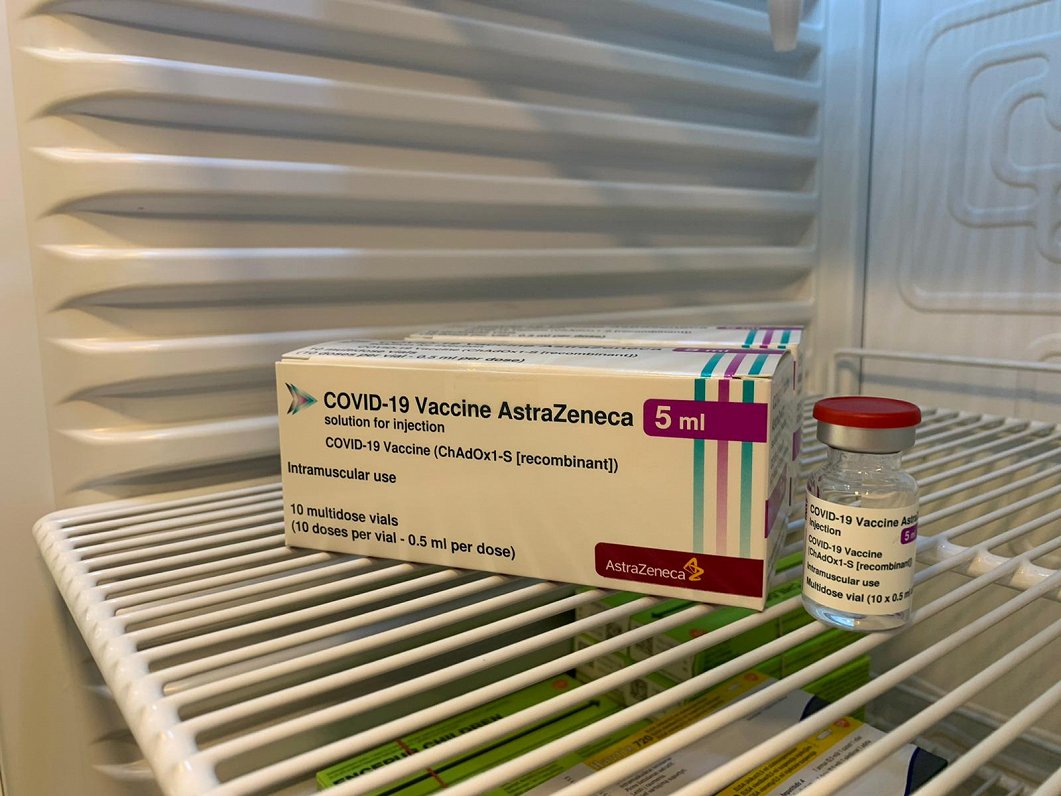Eight priority groups have been identified in an attempt to get available vaccines to those at most risk of illness, and those whose jobs are deemed the most essential to keep the country functioning.
In total, it is planned to vaccinate about 70% of the population by the end of the summer, and in the third to fourth quarters of this year it should be possible to vaccinate all other members of society, according to the government's own projections from the Health Ministry.
- The 8 priority groups are:
- Doctors and special patient groups as identified by medics.
- Employees and clients of social care centers; key government officials.
- Seniors over 70 years; those living with chronically ill children and carers for the sick.
- Seniors aged 60-70.
- Kindergarten and general school staff, emergency services and armed force members, National Guard, critical utility supply companies.
- Clients of special institutions, including homeless shelters, persons in prisons.
- Sectoral priority workers, clergy and church workers.
- Employees who come into contact with many people who cannot distance themselves at work.
The report reviewed by the government on priority groups of persons to be vaccinated also envisages that in order to promote vaccination in some groups of society, "opinion leaders" or vaccination “ambassadors” could be vaccinated even if they are not in one of the groups mentioned above.
Minister of Health Daniels Pavļuts admitted that it is not yet possible to say exactly who such opinion leaders might be, but suggested some might come from the cultural sector.
According to the report, in the first quarter of this year, the first priority group is around 36,000 healthcare workers and patients in need of major surgery, such as oncology patients, and long-term hospital stays.
The Minister of Health clarified that these officials would be members of the government and members of the National Security Council - representatives of the government and the President, the Speaker of the Saeima, the Head of the Saeima National Security Commission, the Chairman of the Saeima Defense, Internal Affairs and Corruption Prevention Commission.
The third priority group will include around 187,000 seniors over the age of 70 and around 166,000 people with chronic illnesses, people living in the same household with children with certain chronic and immunosuppressive illnesses and caring for the seriously ill at home.
The fourth priority group will be around 241,000 people aged 60-70.
The fifth group will include around 50,000 kindergarten and primary school staff, around 17,000 operational staff, 11,000 people in the army and the National Guard, and around 600 workers in 'critical energy supply companies'.
In the third quarter, it is planned to start vaccinating Group 7, around 27,000 priority workers in various sectors, and vaccinating about 16,000 clergy and other religiously-linked persons.
As an indication, this would have resulted in 70% of the population over the age of 16 receiving the vaccine.
However, the Ministry of Health points out that this list of priority groups to be vaccinated is tentative and may change depending on changes in vaccine supplies, responsiveness of specific priority groups to vaccination and the latest information on vaccine properties and the effects on various strains of the virus.
It is envisaged that in case a person to be vaccinated cannot come to the vaccination within the time set for him or her, the vaccination will be offered to another person from the same priority group or from the next priority group.
The Minister of Health must approve the procedure for organizing the vaccination process by 19 February this year. There is no intense pressure to increase the number of people being vaccinated in Latvia. By February 10 around 18,000 people had received a first vaccine jab and 14,000 had received a second dose.
More precise numbers on the numbers contained in the plan can be read in this Health Ministry document (in Latvian only).





























